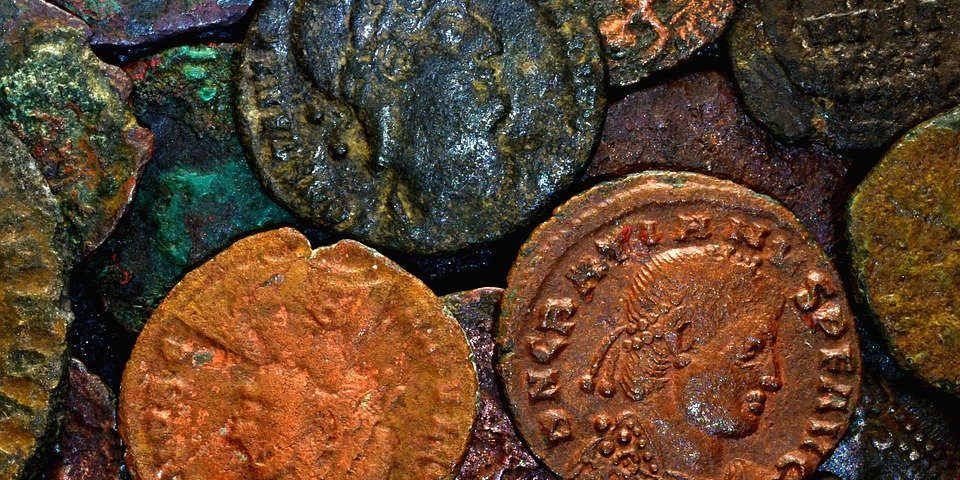They were trying to trick Jesus, get him in trouble with the Romans. That’s what’s behind Jesus’ comments on taxes, on rendering unto Caesar what’s his. Before we exploit his words for some preconceived economics or politics, we should understand context, what he may have really meant.
These are the days just before his crucifixion. Jesus has come into Jerusalem, into the Temple, with his kingdom of all—of publicans, sinners, and gentiles. Declaring the first last and the last first, he challenged those with education and power. Which is why they didn’t like Jesus, why they tried to trick him and get him in trouble with the Romans. Because he dared to suggest that the kingdom was going to be taken away from them.
If Jesus had said the people needn’t pay their taxes, he would have been seized for sedition. If, however, he appeared to cave to Roman occupation, his people may have rejected him for caving to power. That’s the dilemma the Pharisees hoped to put to Jesus, a supposedly impossible decision.
But Jesus eludes them. Repay to Caesar what belongs to Caesar, he says. Neither sedition nor selling out, Jesus does something else. Rather, he shows detachment from the values and powers of this world. Money is only a tool; if the Romans want it, they can have it. Power is only a tool, not an end itself. The kingdom isn’t tied to any of that, neither power nor money.
And that’s the thing. As Paul said, Christians should deal with the world as if they had no dealings with it (1 Cor. 7:31). That doesn’t mean we don’t deal with things like money, it just means we’re not obsessed with it. Money is tool to build the kingdom with, nothing more. It’s an instrument for good, not a god.
And so, that’s the question. Are you detached enough from your material wealth to do good with it? God gave it to you for a reason, for good and for his glory, for others and not just yourself.
So, how’s it going? Are you as free as Jesus wants you to be?










